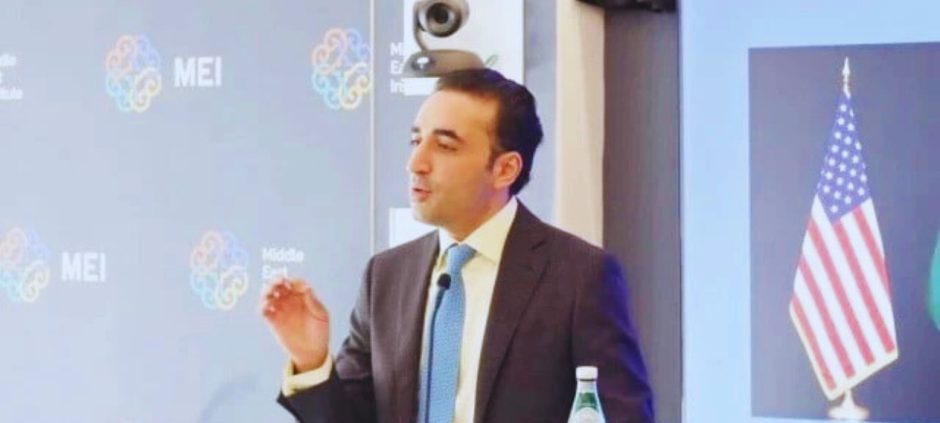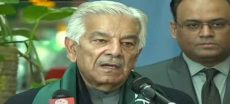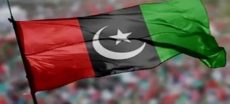Former Foreign Minister Bilawal Bhutto-Zardari has accused India of endangering South Asia’s stability by weaponizing water and triggering a crisis that could escalate into a nuclear conflict. Speaking at a policy forum hosted by the Middle East Institute (MEI) in Washington, Mr. Bhutto-Zardari urged the international community to address the gravity of India’s actions.
“Water wars were once just theory — but India’s repeated violations of the Indus Waters Treaty are making that a frightening reality,” he said. “Cutting off our water supply is not just an act of aggression; it’s an existential threat for Pakistan.”
Read More : India Finds Two COVID Variants Amid Rising Cases
He called on global powers to condemn India’s conduct, emphasizing the urgency of a just resolution to long-standing disputes over Kashmir and water rights.
Adding weight to his concerns, former US Ambassador to Pakistan Anne Patterson supported Islamabad’s call for a neutral probe into the recent Pahalgam attack. “This incident almost led to a nuclear war. An independent investigation — possibly by the FBI or Scotland Yard — is critical,” she said, criticizing the international tendency to accept India’s claims without scrutiny.
Ms. Patterson also highlighted the deep mistrust hampering US-Pakistan relations, noting that the United States failed to demand evidence from India after the Pahalgam incident.
Meanwhile, high-level delegations from both India and Pakistan are currently in Washington lobbying US lawmakers. Pakistan’s delegation includes prominent leaders such as Senator Sherry Rehman, Hina Rabbani Khar, Dr. Musadik Malik, Engineer Khurram Dastgir, Faisal Subzwari, and others.
India’s delegation, led by MP Shashi Tharoor, also includes members from several major political parties and former diplomats. On Thursday, they met US Vice President JD Vance, leveraging his ties to India.
Michael Kugelman, a US expert on South Asian affairs, described the parallel visits as “high-stakes diplomatic efforts.” He noted that while India usually avoids internationalizing disputes, its approach this time is a sign of how critical the moment is.
“India tends to receive bipartisan sympathy in Washington, making it harder for Pakistan to shift the narrative,” Kugelman observed. “Yet Pakistan is pushing to highlight India’s aggressive stance — particularly over Kashmir and water.”
Other US scholars have urged Washington to remain balanced in its regional engagements. Hassan Abbas, of the National Defense University, stressed that Pakistan has already made significant sacrifices in fighting terrorism and now needs genuine US support.
Both delegations are actively meeting with influential US legislators on Capitol Hill. Pakistani diplomats reported assurances from US officials that both countries will be given “equal representation” in ongoing diplomatic dialogues.











